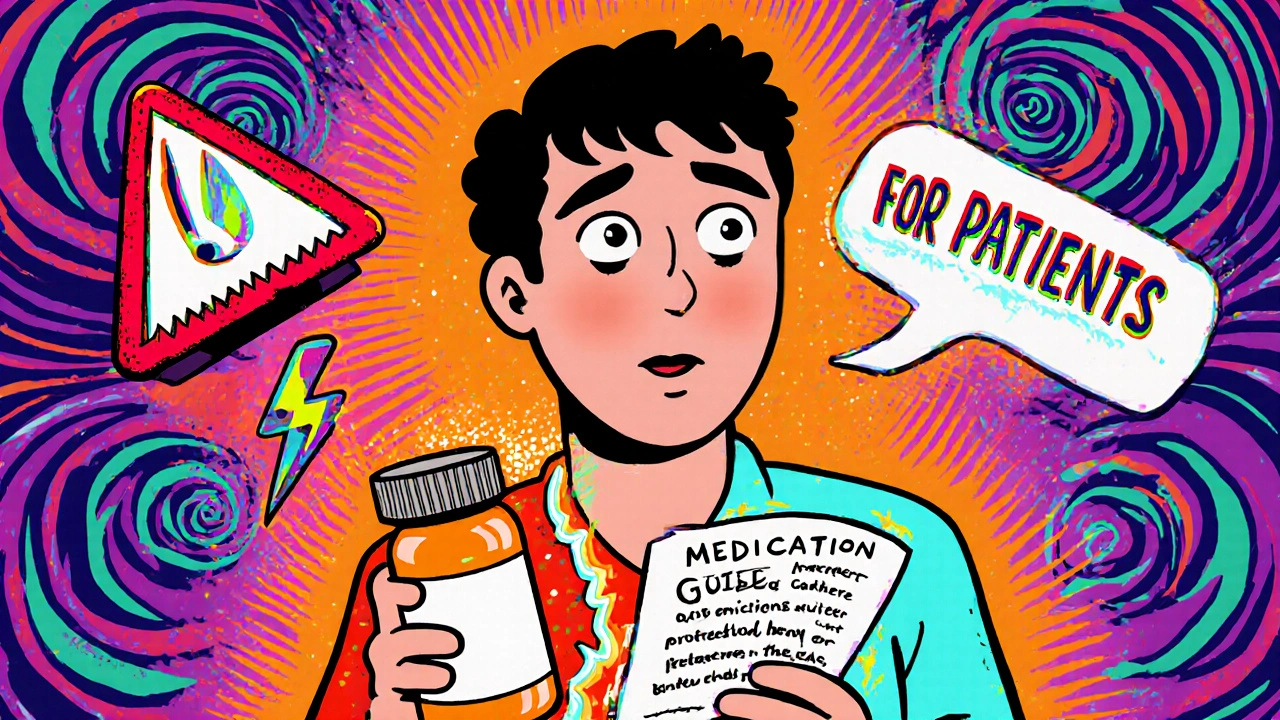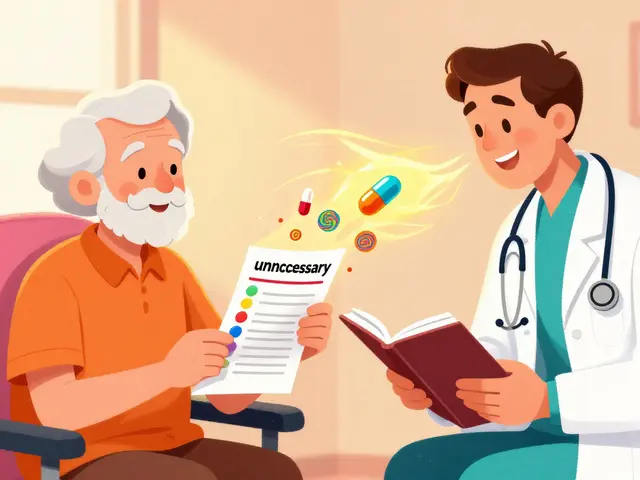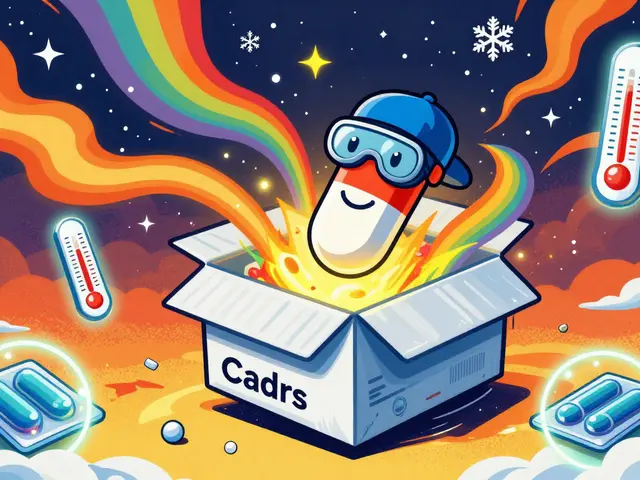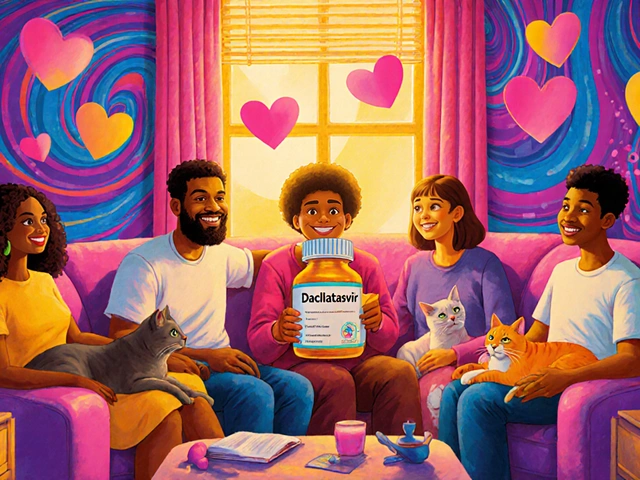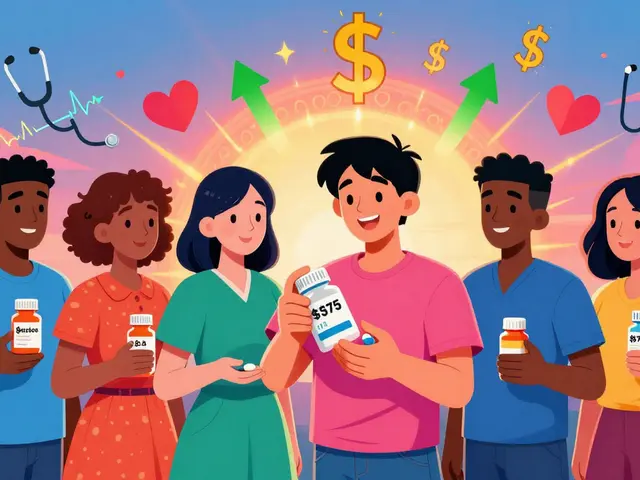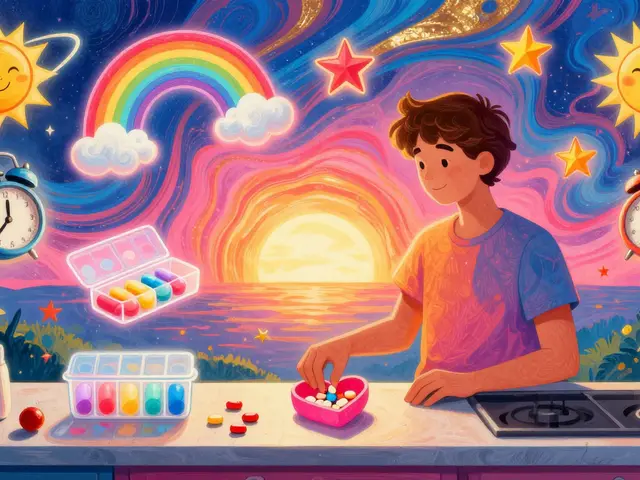Medication Warnings: What You Need to Know Before Taking Any Drug
When you take a medication warning, a critical alert about potential harm from a drug, including interactions, side effects, or misuse risks, it’s not just a footnote—it’s your first line of defense. These warnings exist because drugs don’t act alone. A simple antibiotic like clarithromycin can spike blood pressure meds like amlodipine into dangerous territory, leading to fainting or worse. Or a common herbal supplement like St. John’s Wort can cancel out your antidepressant, leaving you worse off than when you started. Medication warnings are the quiet alarms that tell you when something seems safe but isn’t.
Behind every warning is a real risk. drug interactions, when two or more substances affect each other’s behavior in the body, often unpredictably cause more hospital visits than most people realize. Take statins—they help your heart but can wreck your muscles if you’re genetically prone to it. That’s why pharmacogenomics testing for the SLCO1B1 gene is becoming a game-changer: it tells your doctor whether simvastatin is safe for you or if pravastatin is a better pick. Then there’s counterfeit drugs, fake medications sold online that may contain nothing, wrong doses, or toxic fillers. The FDA and CDC warn that over 50% of online pharmacies aren’t licensed, and buying from them is like playing Russian roulette with your liver or kidneys. Even storage matters: leaving pills in a hot bathroom or within reach of kids turns your medicine cabinet into a hazard zone. And if you miss a side effect? MedWatch, the FDA’s official system for reporting adverse events lets you help others by flagging problems before they become a pattern.
Medication warnings aren’t about scaring you—they’re about giving you control. They tell you when to call your doctor after taking a new pill, when to swap a drug for a safer one, or when to throw out old meds instead of keeping them "just in case." They’re why you should check if your pharmacy is VIPPS-accredited before ordering online. Why you should know if your allergy pill clashes with your blood pressure med. Why you shouldn’t assume natural means safe—ginkgo biloba can thin your blood as much as aspirin. The posts below cover exactly these moments: the hidden dangers, the silent risks, the overlooked mistakes. You’ll find real stories, clear comparisons, and actionable steps to protect yourself and your family from preventable harm. No fluff. No jargon. Just what you need to know before the next pill goes in your mouth.
How to Read FDA Safety Communications for Your Medications
Learn how to read FDA safety communications about your medications-spot urgent warnings, understand labeling changes, and know exactly what to do when a drug alert is issued. Stay informed without being overwhelmed.

